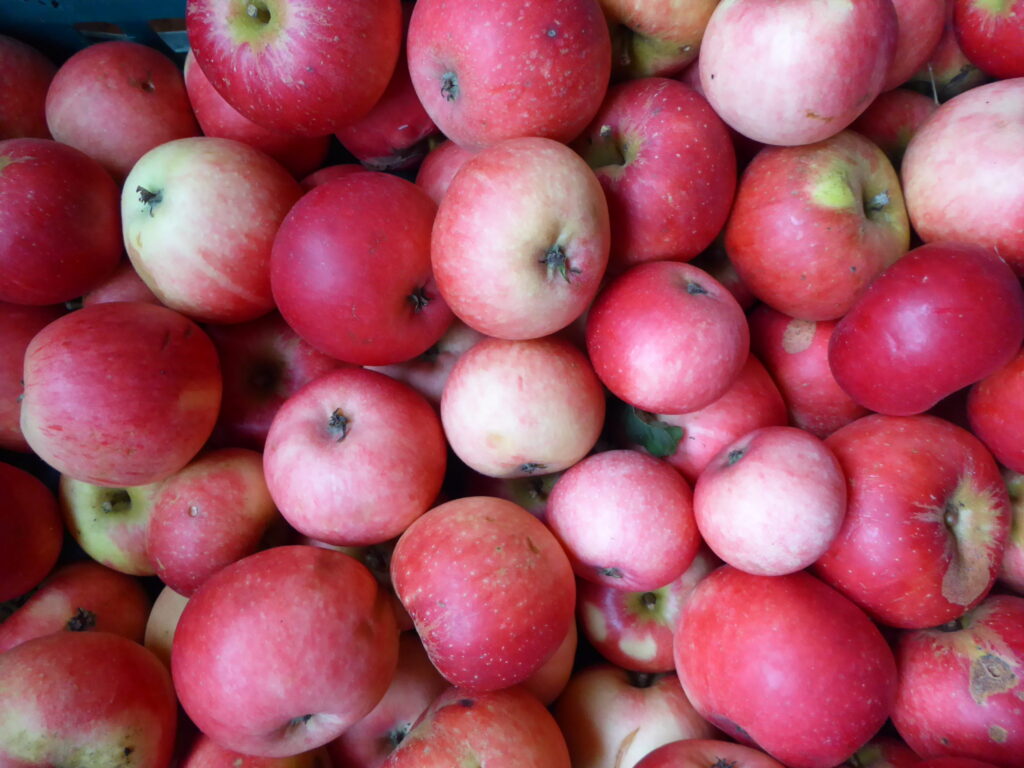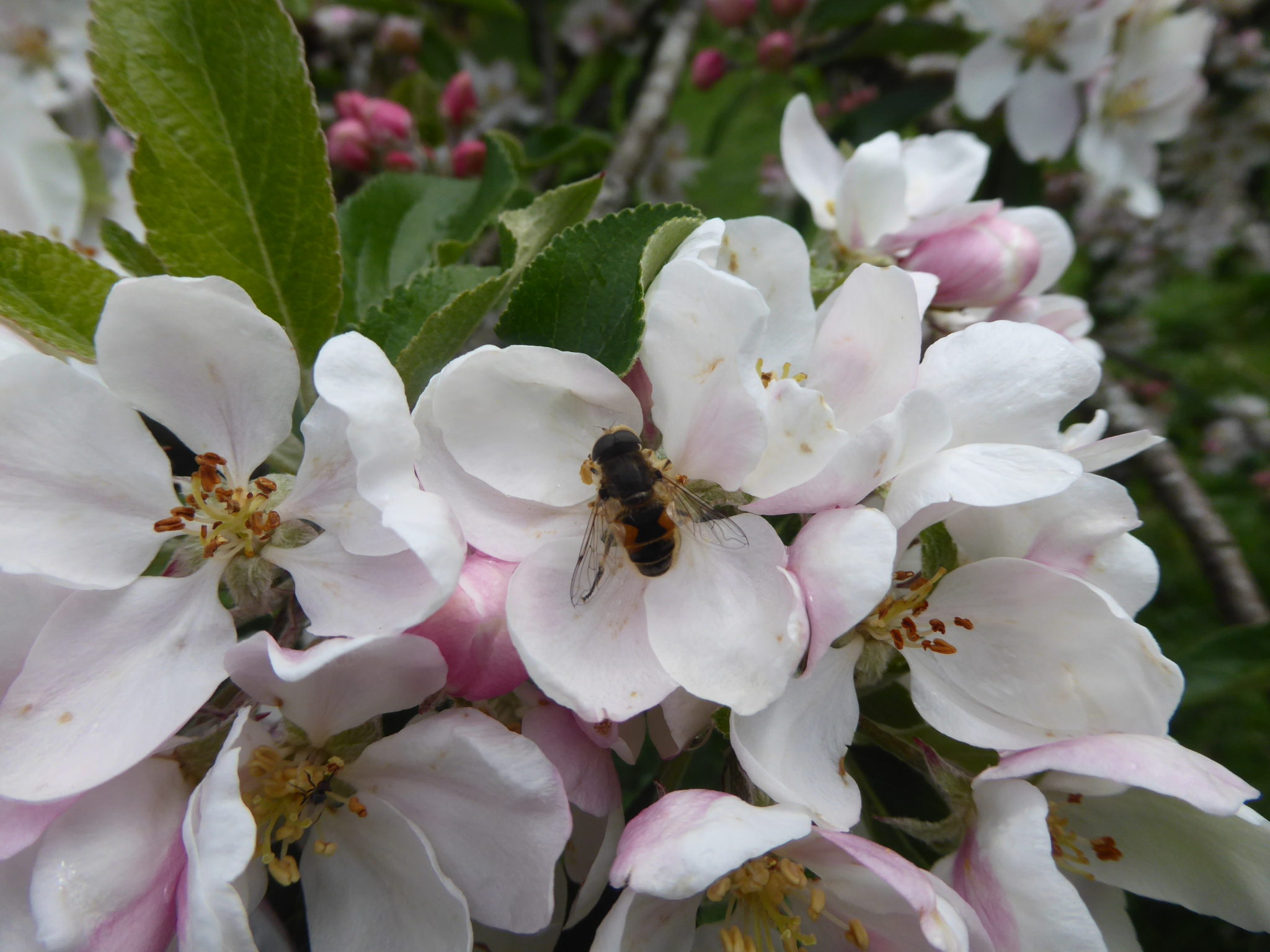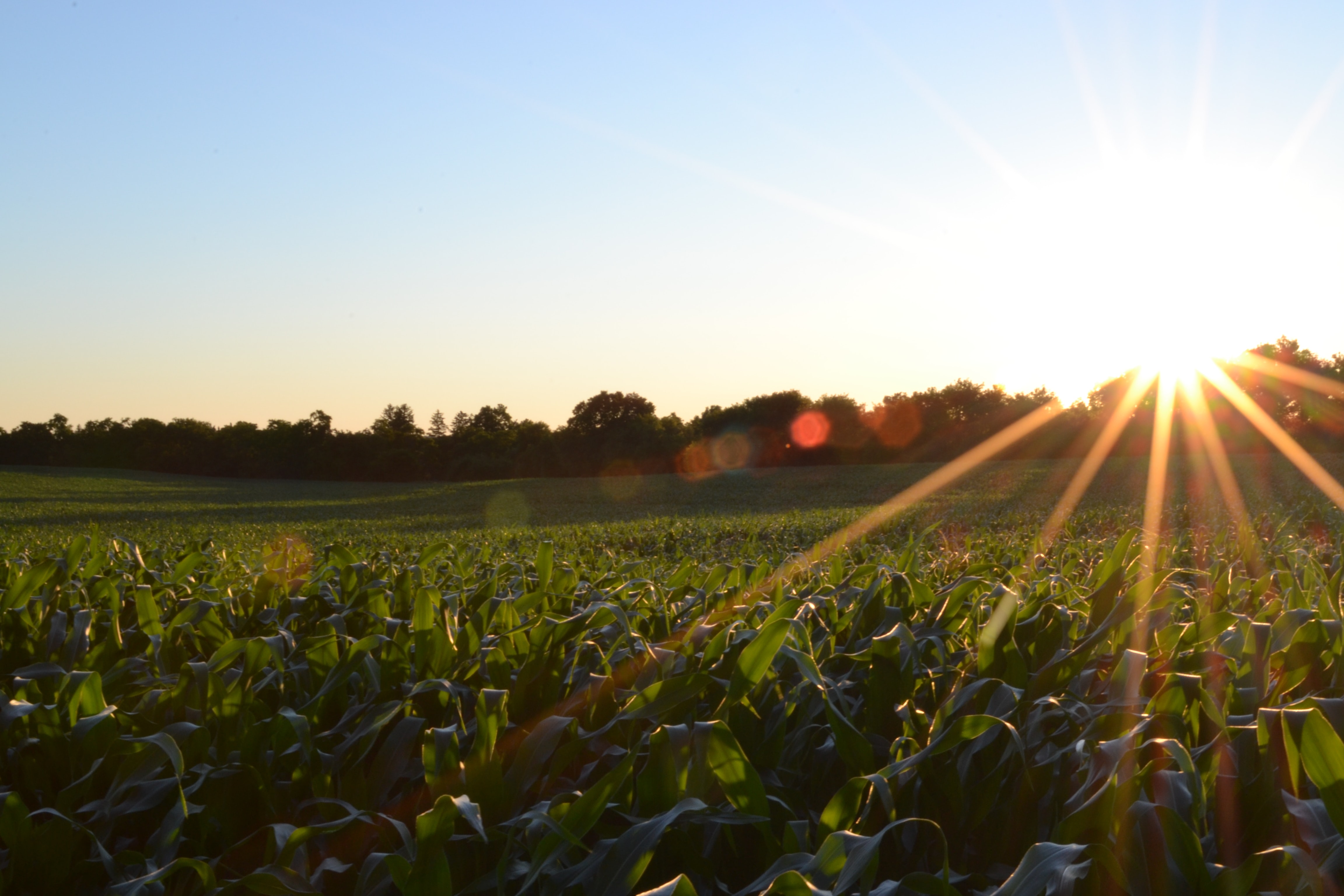Rod Everett, a farmer from Roeburndale in North Lancashire and member of the Northern Real Farming Conference team talks about the importance of ‘real farming’ in the North and Scotland.
In the North we have hard working and dedicated farmers who care for their animals, look after the countryside and aim to leave a productive and economically viable farm to their children. They take pleasure at hearing the lapwings and curlews calling, heralding in the spring. They observe the livestock and detect unusual behaviour patterns. They work long and hard hours in all weathers for little return. Most are born and bred farmers and will be till the day they die. We need to give gratitude for their efforts in supplying our food system.
Yet our farming system has been largely designed by the agrochemical and pharmaceutical industries. Our government is easily persuaded by the lobbyists to accept unsafe levels of pesticides and high levels of fertilizer in the run off from farms. At the Oxford Real Farming Conference, Henry Dimbleby stated that 18 of the largest food and drink companies rely on portfolios of food and drink of which 85% are so unhealthy as to be regarded unsuitable for marketing to children under World Health Organisation guidelines.
Our soils are losing their rich soil biology and no longer provide the rich nutrient soup on which are crops used to grow. Glyphosate in Roundup, a widely used weed-killer, has been linked to cancer and can have disrupting effects on sexual development, genes and beneficial gut bacteria at doses considered safe. This disruption of the microbiome has been associated with a number of negative health outcomes, such as obesity, diabetes and immunological problems.
Our sheep and cattle rely on a barrage of anthelmintics to kill stomach worms and insecticides to keep them healthy. One of them, ivermectin, is slowly killing our dung beetles. In a rich ecological system, the dung beetles would normally help to reduce stomach worms by destroying them in the pasture.
Our winter feeding relies on high protein GM soya, (with around 85% of all EU animal feeds containing GM derived products) often imported from damaged rainforest areas. This has implications on global climate change.
Our fields no longer absorb our increasingly heavy rainfall. The fast run off leads to flooding downstream. Two thirds of our rivers showed samples of over 10 pesticides.
We all notice the decline in the diversity of wildlife. There was a 46% decline in butterflies between 1976 and 2017. Some fields are overloaded with slurry and the soil underneath is now devoid of earthworms and other beneficial microbiology.
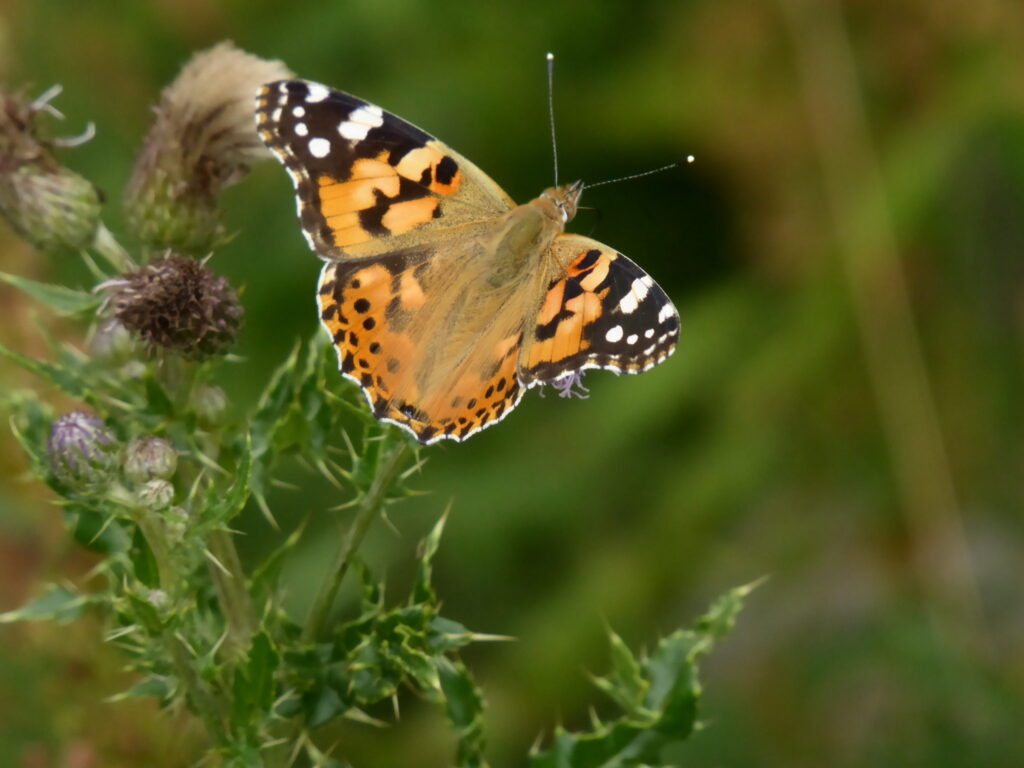
Yet in the North of England and Scotland there are an increasing number of farmers who have said to themselves that things must change on their farms if they are to produce healthy food and look after the soil. The realisation that a living biologically active soil is key to a resilient food and farming system has led many to experiment with new ways of farming. The Northern Real Farming Conference will bring together these pioneer farmers who are successfully altering their farming systems to create ecologically and economically viable farms which bring joy to their families and local community. They are creating a legacy of regenerative farms for our children and future generations.
This conference will be online (due to Covid) from 28th Sept to October 10th and will bring together farmers, researchers and food specialists. This will be an opportunity to connect with other farmers, discuss ideas, explore innovative research, tell stories and be part of an important movement for change. Don’t feel alone any more, become part of the family.
We expect that there will be a wide range of topics included such as pasture fed livestock; holistic management; alternative livestock feeds and different ways to manage grazing livestock such as mob grazing to help the pastures grow deep roots and build natural fertility; and marketing and butchering of meats rich in omega 3 fats.
Sessions may include how to invigorate the soil biology with bio-fertilizers, compost teas and effective microbes; how to grow vegetables and cereals with minimum tillage techniques; growing vegetables with disadvantaged communities such as refugees and asylum seekers in urban situations both in the UK and abroad; and developing procurement systems that support local and resilient food as part of the sustainable food cities network.
Other farmers may share about small micro-farms that provide local employment and help build local community; farm caring and farm sharing; succession planning and community ownership; rewilding projects and natural flood management techniques; agroforestry and its multiple benefits to farms; and how we will need to adjust to the extremes expected with climate change and how this is affecting other people throughout the world.
We will also learn about the new ELM’s Environmental Land Management Scheme and how it will fund farmers for providing public benefits such as wildlife diversity, flood management, restoring our soils and education.
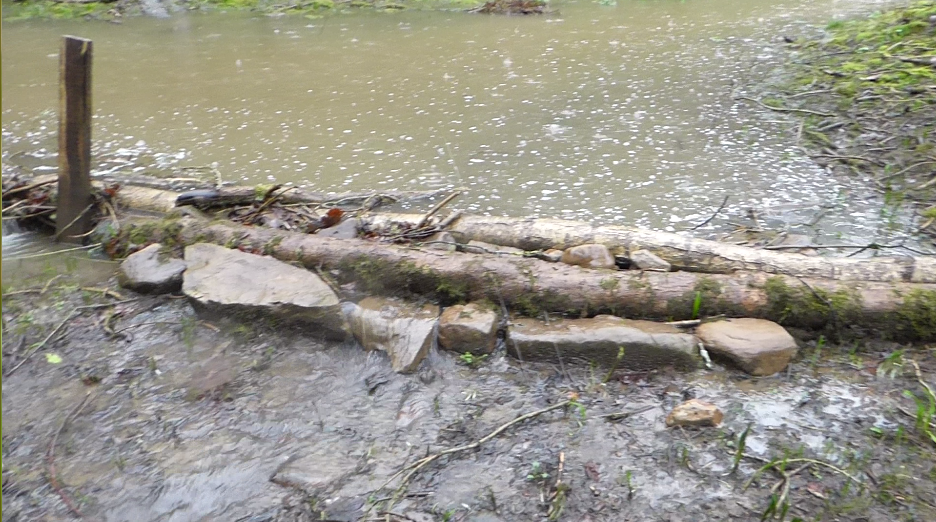
There will be some speakers bringing their relevant expertise from other parts of the world and of course the strength and learning will be in the important stories and life experience that every participant brings with them.
This event was stimulated and is being supported by the successful Oxford Real Farming Conference which now attracts over 1000 people each year. For many farmers it is the highlight of their year where they can refresh their enthusiasm and courage to look forward to another year creating a new path for farming, supported by the new friends and contacts they made.
Please join us at the Northern Real Farming Conference to make this an important moment in your life where a change in farming habits becomes both a joy and a commitment to a future of farming with a future.
www.northernrealfarming.org
Deadline for submitting proposals for sessions is 26 July.
By Rod Everett, member of the core team for the Northern Real Farming Conference and a farmer from Roeburndale in the Forest of Bowland (North Lancashire), producing apples and cider vinegar on a diverse wildlife rich farm.
